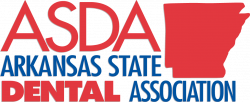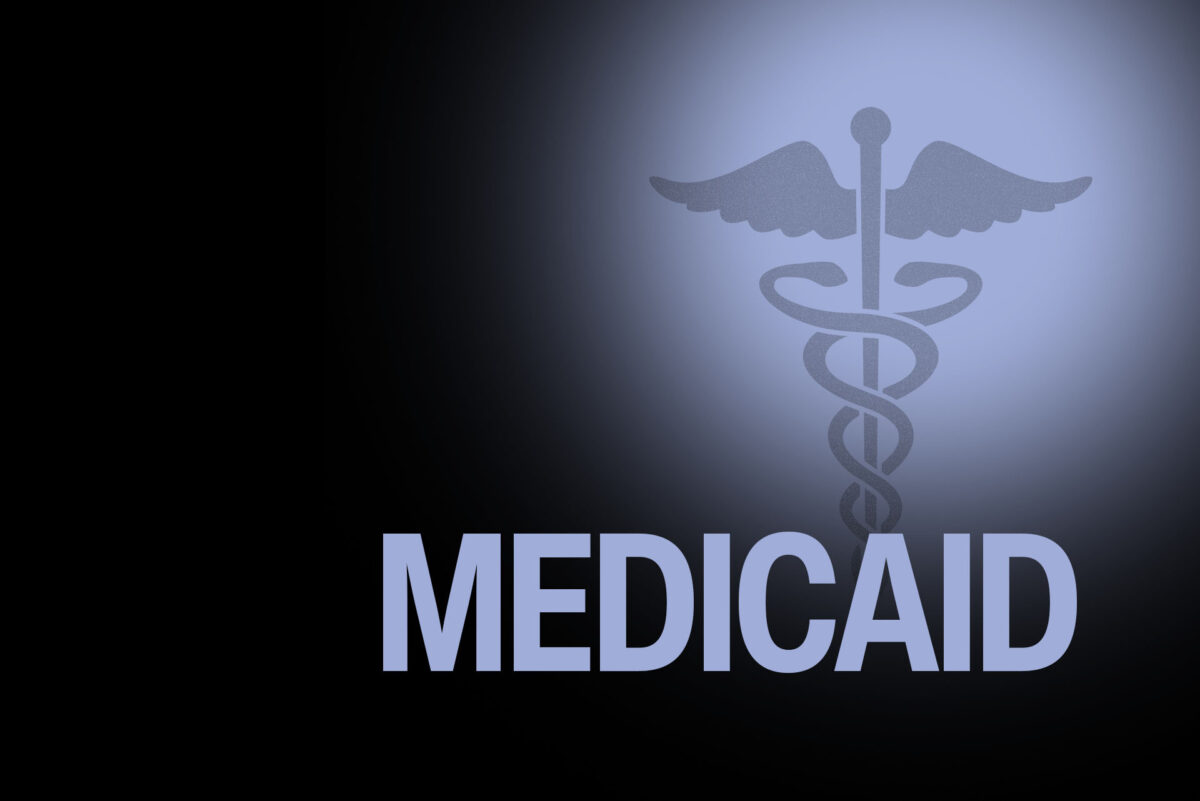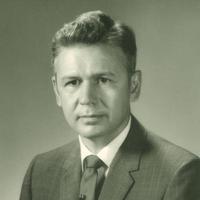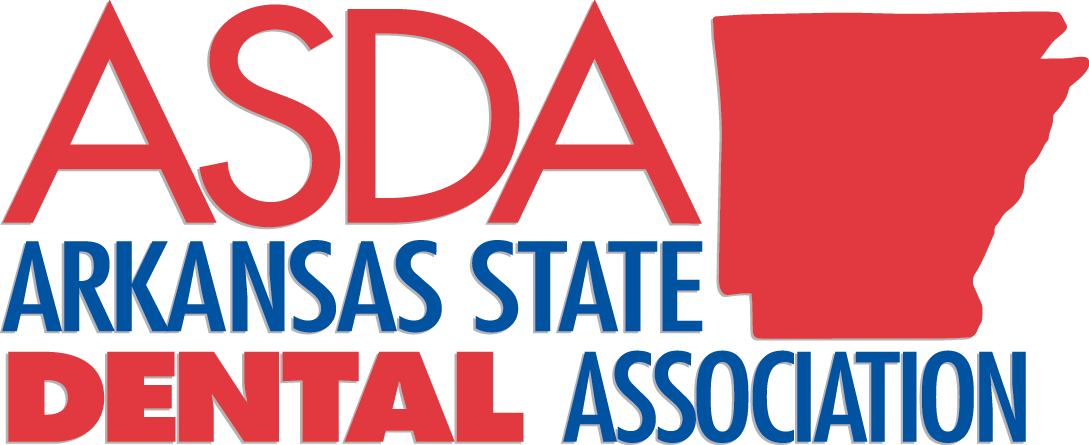New information on Medicaid Fee-For-Service program November rollout
The latest issue of the Healthcare Journal of Arkansas features information on Medicaid’s Fee-For-Service program for dental health providers, which rolls out on November 1. The article, by Elizabeth Pittman, is reprinted in its entirety below with the full issue available at this link.
SINCE 2018, the Arkansas Department of Human Services (DHS) has operated the Medicaid dental program by paying Managed Care of North America (MCNA) and Delta Dental of Arkansas (DDAR) a capitated rate for each beneficiary eligible for dental services. MCNA and DDAR were then responsible for paying for the dental claims for their enrolled beneficiaries. Beginning Nov. 1, the dental program will return to fee-for-service, meaning dental providers will bill Medicaid directly for the eligible dental services they provide. Beneficiaries will use their Medicaid ID to receive services, not their MCNA or DDAR cards.
“After careful consideration of dental service utilization, the total program expenditures, and the work underway to ensure a holistic, efficient, and sustainable Medicaid delivery system for all Arkansans, DHS has determined that fee-for-service for Medicaid dental services is both the best and most cost-effective option at this time,” DHS Secretary Kristi Putnam said. “This change shifts management of the program to the DHS Division of Medical Services (DMS), where we will operate it efficiently and effectively. This transition makes better sense for Arkansas patients, dentists, and taxpayers.”
In a letter sent in late May, DHS formally notified the Centers for Medicare and Medicaid Services of the plan to sunset the program and to switch back to Medicaid fee-for-service for dental services instead. The letter also includes a month-by-month transition plan for activities leading up to the targeted Nov. 1 start date. DHS notified both companies that currently operate the managed care dental program of the plan.
Beneficiaries served by the managed care dental program will continue to be eligible for dental services. In the months leading up to Nov. 1, beneficiaries can expect to continue receiving dental services through DDAR and MCNA and should watch for important communications from DHS about this program.
Beneficiaries who are currently enrolled in fee-for-services will continue to use their Medicaid ID card for all dental services. New beneficiaries or those who regained their eligibility on or after Aug. 15, will use their Medicaid ID card for all dental services. Beginning Nov. 1, all beneficiaries who were enrolled in DDAR or MCNA will use their Medicaid ID card for all dental services.
New beneficiaries who became eligible for Medicaid dental benefits on or after Aug. 15 will be enrolled in fee-for-service. Beneficiaries who recently lost Medicaid or Medicaid dental benefits but regained it on or after Aug. 15 will be enrolled in fee-for-service. All other beneficiaries will transition to fee-for-service Nov. 1.
DHS is fully aware that switching to Medicaid fee-for-service will raise questions from providers. Let’s address some commonly asked questions about the change:
Does Medicaid anticipate an increase in reimbursement rates?
Medicaid reimbursement rates are the same as those paid under DDAR and MCNA. At this time, there will be no rate increase in reimbursement rates. Current reimbursement rates can be viewed by visiting ar.gov/dental. Medicaid continuously evaluates rates for all programs.
What services are covered under Medicaid fee-for-service?Medicaid’s fee-for-service program covers most of the services DDAR and MCNA cover, but some services are not covered. Current covered services can be found in the dental procedure codes table on the arkansas.gov DMS website under the “Helpful Information for Providers: Procedure Code Tables” section. At this time, there will be no changes in the Medicaid covered services, but Medicaid continuously evaluates covered services for all programs.
What services require a prior authorization (PA) under fee-for-service, and how will providers submit PAs?
Medicaid covered services and those that require a PA can be viewed at ar.gov/dental. Dental providers should continue to submit PAs to MCNA or DDAR for services they intend to provide before Nov. 1. Beginning Oct. 18, dental providers should submit all PAs to Medicaid. More information and training on how providers will submit PAs to Medicaid will be provided in the coming months.
How will providers be supported during this transition?DHS will provide beneficiary-friendly fliers and posters you can print out for your office. AFMC provider representatives will be visiting dental offices in person before Nov. 1, 2024, to discuss the transition, provide job aids, prior authorization information, and contact information for the Provider Relations team and the MMIS billing team. AFMC will also be able to answer any specific questions providers may have.
Additional information about the man-aged care dental program is available on the DHS website at humanservices.arkansas.gov. If you have other questions, please email them to dentalproviderquestions@ dhs.arkansas.gov.
Elizabeth Pitman is the director of the Division of Medical Services. She graduated with a joint law degree and master’s in public health in 2009. After spending a brief time in private practice, she worked as an attorney for Child Welfare Services and Adult Protective Services with the Department of Human Services (DHS). Since 2013, she has spent her career working in policy development with both the Arkansas Department of Health and DHS. Elizabeth’s passion and goal is to make policy that actually works for Arkansans.














